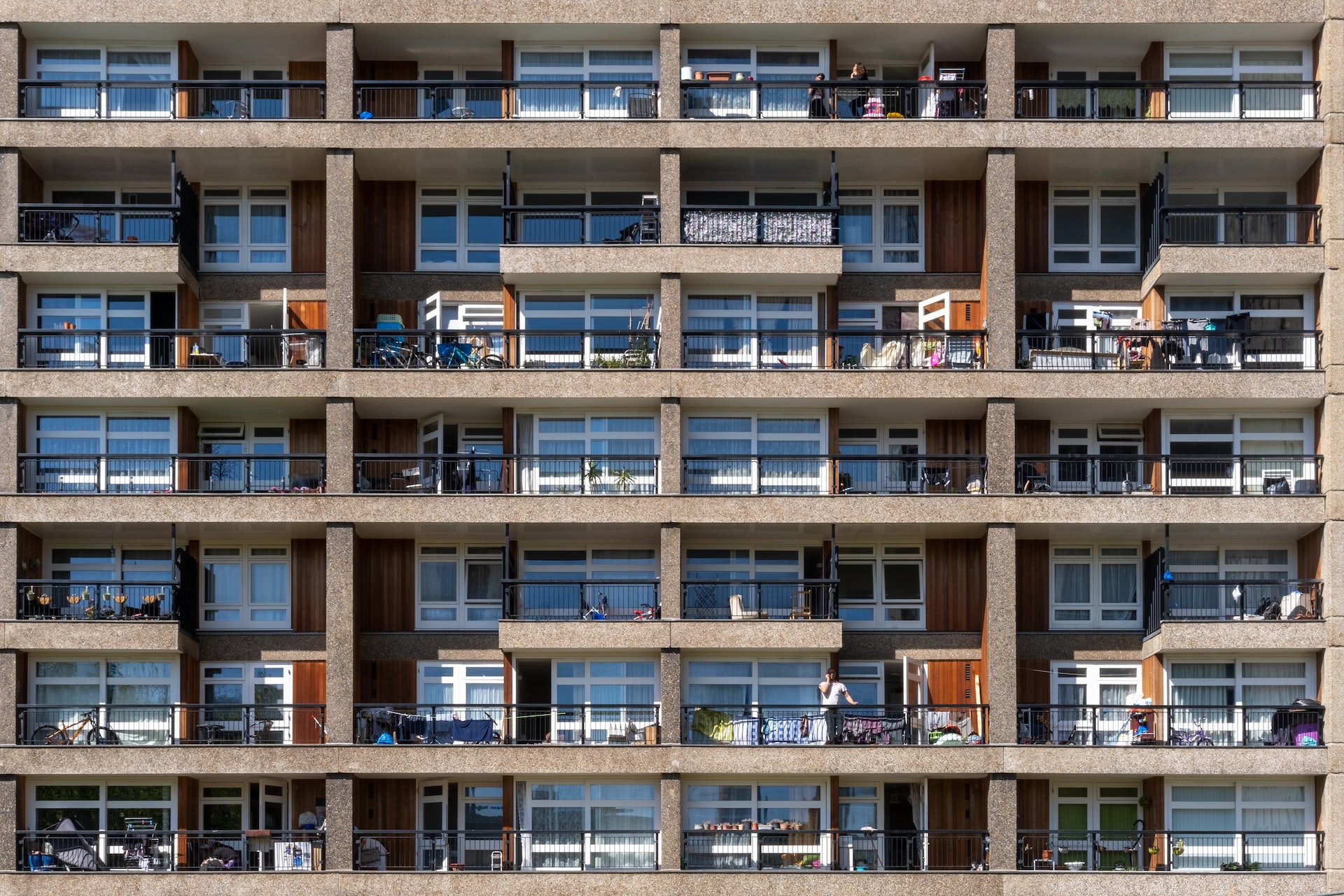Cash flow dictates your investment’s performance. A positive cash flow-producing asset is sustainable and gives you a path to expand your portfolio. Negative cash flow-producing assets drain your resources and prevent you from growing. Increasing cash flow helps you get more value out of your properties and achieve your financial goals sooner. We will share strategies to increase your cash flow and how you can become a passive real estate investor.
How is Cash Flow Calculated in Real Estate?
Cash flow measures how much money remains after accounting for expenses. For example, real estate investors start their calculations by estimating the annual rental revenue they could receive from full occupancy. They then deduct mortgage payments, taxes, repairs, vacancies, and other costs to arrive at cash flow.
Positive vs. Negative Cash Flow in Real Estate
Positive cash flow is when your rental revenue exceeds your total costs. Positive cash flow is scalable and allows you to purchase additional properties in the future. However, negative cash flow can shut down a real estate portfolio if it remains unaddressed. During negative cash flow, total expenses exceed total revenue. Businesses can stay afloat by tapping into reserves, reducing costs where possible, and taking out loans. However, it can become a problem if negative cash flow remains unsolved. A few unprofitable properties can ruin your returns from successful real estate investments.
What is Considered Good Cash Flow in Real Estate?
Any positive cash flow is good and helps you sustainably grow your portfolio. Even if you break even, the mortgage payments will eventually disappear, opening up a profit windfall. Although breaking even is better than a loss, most investors aim for an 8% return on their properties. Investors assess the cap rate and purchase price of a property to estimate the total return on investment. This return can vary depending on the location and other factors, but having an ROI objective allows you to set a goal that gives you a buffer beyond breaking even. In addition, making profits will provide you with additional cash reserves to weather months with higher vacancy rates and lower gross rental income.
The Importance of Positive Cash Flow in Real Estate
Your real estate portfolio needs positive cash flow to operate in a healthy manner. So here are some benefits you’ll get from taking a closer look at your margins and keeping your earnings in the green.
More Opportunities
Positive cash flow allows you to accumulate additional funds each month. As a result, you can save enough money to make a down payment on another property. As real estate investors acquire more properties and do their due diligence on the real estate market, they become better at detecting great deals.
Creates Financial Stability and Safety
Do you have a plan if you suddenly get laid off? While it’s an unpleasant scenario to consider, most people can see their income streams dry up by surprise. Properties that generate positive cash flow act increase your total income, and some investors replace their day jobs with rental property income. Real estate investing can reward you in your later years and lead to a smoother retirement.
Makes You Attractive to Lenders
Lenders look at various factors before deciding how much money to give you. While the process can seem complex, lenders ultimately favor buyers with steady income streams that comfortably outpace financial obligations. Positive cash flow gives you a more favorable debt-to-income ratio, and you can use those proceeds to chip away at your other debts. A more attractive financial profile will help you get more capital from lenders to fund your next property acquisition.
Lowers Your Investing Risks
Positive cash flow makes your investments sustainable. You won’t have to worry about an unprofitable investment cutting into your other assets. Each month of positive cash flow also reduces your mortgage balance. Lowering this balance chips away at a real estate investor’s largest expense. Paying off the entire mortgage will give you greater peace of mind and higher cash flow in the future.
Builds Your Portfolio
Each month of positive cash flow increases the equity in your property. You can only accumulate equity with a down payment, monthly mortgage payments, or property appreciation. Lowering debt builds equity and allows you to pursue other deals.
Ways to Increase Cash Flow in Real Estate
Real estate investors have several avenues to increase cash flow. Maximizing profits will help you expand quicker and accumulate enough funds for a quicker retirement. In addition, these strategies will increase your profit margins.
Increase Rent
Inflation increases the prices of goods and services over time. Although record-breaking inflation has pushed this economic event into the mainstream, we see some inflation every year. Raising rents helps you keep up with inflation and get more cash flow. If you avoid raising rents, you will get the same amount of cash, but that cash will have less purchasing power than it had a few years ago.
Add Amenities
Amenities increase your property’s value and allow you to charge higher prices. Gyms, pools, pet-friendly units, and private outdoor spaces are popular amenities that can increase your average revenue per tenant.
Generate Additional Revenue Sources
Real estate investors can get creative with additional revenue sources. Installing a vending machine on your property can provide extra income and pay off if you have a lot of tenants in the same apartment building.
Decrease Operating Expenses
Reviewing operating expenses on a monthly basis is one of the best ways to detect patterns and address rising costs. Every strategy that increases cash flow focuses on higher revenue or lower costs. So taking a look at operating expenses for the first time can feel like a revelation. Of course, you can continue monitoring your operating expenses and look for ways to reduce costs, but the first time you trim operating costs often leads to some of the highest returns you’ll see with this strategy.
Find Long-Term Tenants
Rental vacancies result in negative cash flow. You still have to make mortgage payments and cover other costs, but you won’t have rental income from a vacant unit. Searching for long-term tenants who will stick around for multiple years minimizes the vacancy problem. You can collect passive income from a long-term tenant as long as you give them enough reasons to stay in your unit.
Do Preventive Maintenance
Property damage can eat away at your profits and require emergency reserves for repairs. Preventative maintenance will increase your total costs, but these services reduce the likelihood of more costly expenditures in the future.
Appeal Property Taxes
You can’t escape property taxes since every local government utilizes them. However, you can appeal your property taxes by reviewing comparable properties and seeing what breaks you can get. Trimming your property taxes by any amount puts more cash in your pocket. Becoming familiar with people involved in the process and acting courteously can help you qualify for higher property tax cuts.
Refinance Your Property
Many property investors dream of the day the mortgage balance hits zero. While a mortgage-free property can generate substantial cash flow, you can extend your mortgage with a refinance to get more cash flow at the moment. Some investors use refinances to spread their mortgage payments across more years and minimize payments. Lower monthly expenses translate into higher cash flow, and it gets better if you can secure a lower interest rate through the refinance. A lower interest rate reduces the cost of borrowing money.
Start Investing in Real Estate
Real estate investing can open many doors. These assets can provide financial security and help you retire sooner. However, real estate also requires a lot of work and can feel like running a business.







